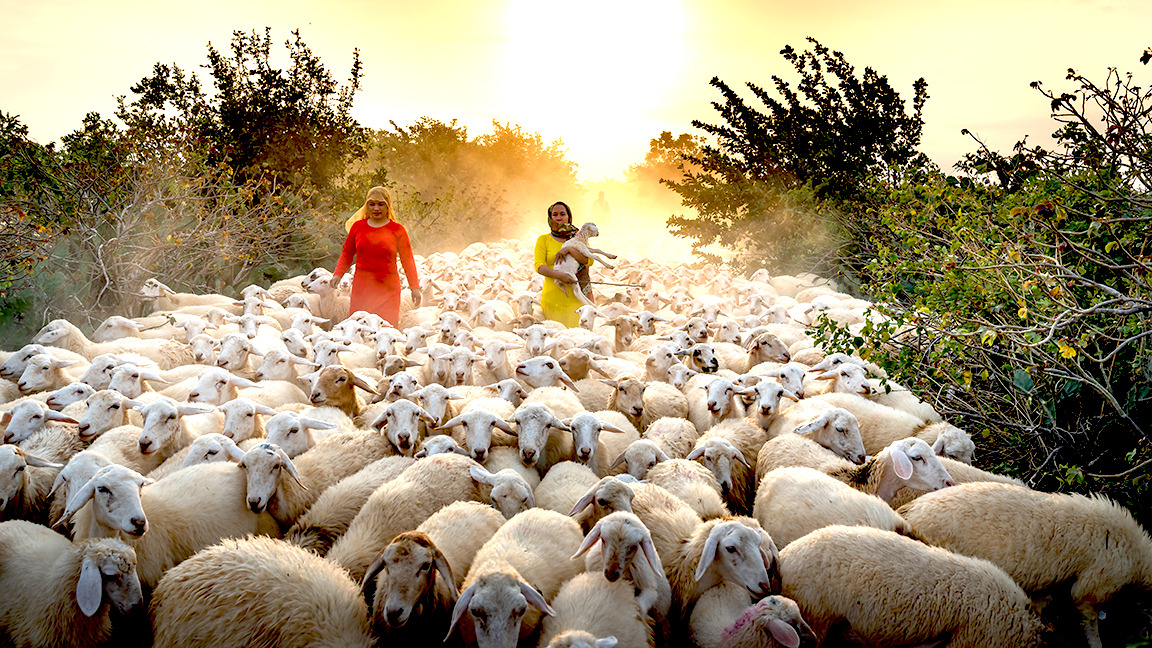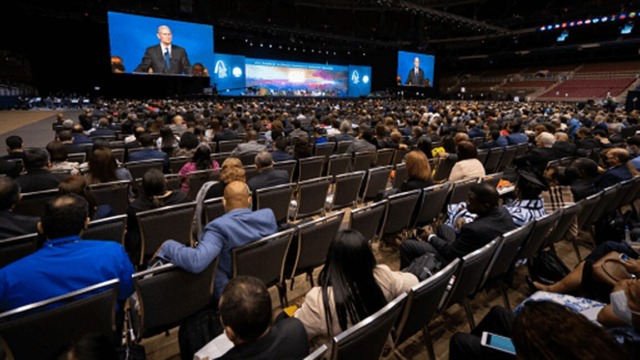The biggest risk of all is not to take one.
– Mellody Hobs
When we speak of stewardship, the focus is usually on spending, managing, controlling, and administering the goods the steward has received from the master. Indeed, there is the accountability factor for what was received as well, but does the steward have an active role in growing his master’s wealth, influence, name, and realm?
The eldest servant of Abraham, Eliezer, who ruled over all that he had (Gen. 24:2), was sent to his kin to increase the family of Abraham and find a wife for Isaac. This new commission he received directly supported Abraham’s family’s expansion, influence, and name. At the same time, the God of Abraham was fulfilling the promise and the covenant He made with Abraham to increase the blessings and bring forth the Messiah (Gen. 12:1-3). Eliezer broadened the steward’s impact on God’s economy by taking an active role in God’s plan.
In the same way, In Jesus’ Parable of the Talents (Matt. 25:14-30), the commissioned servants or stewards multiplied the talents of silver or gold to increase the prosperity, wealth, and influence of their master. They were not only spending and ensuring that there would be enough money to survive until the master was back, but they actively invested and traded with what they received to increase their master’s riches, name, and dominion. They were as generous and as risk driven as their master, which put them in the category of good and faithful servant (Matt. 25:21,23).
On the other hand, the one servant that did not risk, invest, trade, and increase his master’s wealth was pronounced wicked and lazy (Matt. 25:26) and unprofitable (useless, good for nothing) (Matt. 25:30). Jesus taught his disciples that they have to go over and beyond expectations, norms, culture, and even commandments as His commissioned stewards and apostles. Stewardship is going beyond one’s duty, obligation, and responsibility. Jesus reminded his disciples: When you have done all those things which you are commanded, say, “We are unprofitable servants. We have done what was our duty to do.” (Luke 17:10)
So, what does all these mean in a practical sense? First, as we have seen previously, as a steward, you will be solely about the master’s business, increase, wealth, prosperity, good name, dominion, etc. As a steward, you are not about your interest and importance because the master’s well-being and progress are your well-being and progress. So, when you, as a steward, invest the gift of time, life, health, relationships, opportunities, skills, talents, character, lifestyle (yes, it is more than money), etc., in building the kingdom of God, expanding the knowledge and the name of the Most High, you are effectively profiting the “business and the economy” of God that is the mission of God.
Second, to prosper in the master’s kingdom and realm as a steward, you should innovate, look for opportunities/ways to present, and trade the gifts you receive. Following the master’s words goes beyond one’s duty and obligation; it is in complete surrender and dependence on the master and encompasses worship, honor, and complete devotion to the master. You will be willing to go beyond your mere duties and motions because you know the master intimately and know that you are loved selflessly and self-sacrificially (agape) by the master.
Lastly, investing, while risky, could bring massive profits. Risk-taking was and is primarily on the master’s side (Matt. 26:39,42) and secondary on the steward’s side (John 15:20). As stewards, we should continue being generous as the master is generous (Matt. 10:8) with all the gifts we receive because the growth and multiplication of the gifts are the master’s work and not ours (1 Cor. 3:7-8). Our job as stewards is to be extravagantly generous and spend the received gifts abundantly on planting and watering the good news God will make grow. Peter called this investment ministering or serving to one another, as good stewards of the manifold grace of God (1 Peter 4:10).
Douglas Meeks, a theologian and economist, explains, “the economy of God, most briefly put, is the distribution of God’s righteousness.” Then he continues, “God’s righteousness means God’s power to create/liberate life out of the power of nothingness (nihil).” 1 The stewards are called to invest in people’s lives, to create and liberate fellow human beings under the banner of God’s economy of excessive distribution of His righteousness, grace, love, and mercy. This lavish and excessive proliferation of the received gifts is learned and starts in the steward’s household (oikos), which we will examine next time.
—Anton Kapusi is the lead pastor of Pueblo First Seventh-day Adventist Church. Photo by Pexels.
1 Meeks, M. D. (1989). God the Economist: The Doctrine of God and Political Economy. Fortress Press. p.77.




